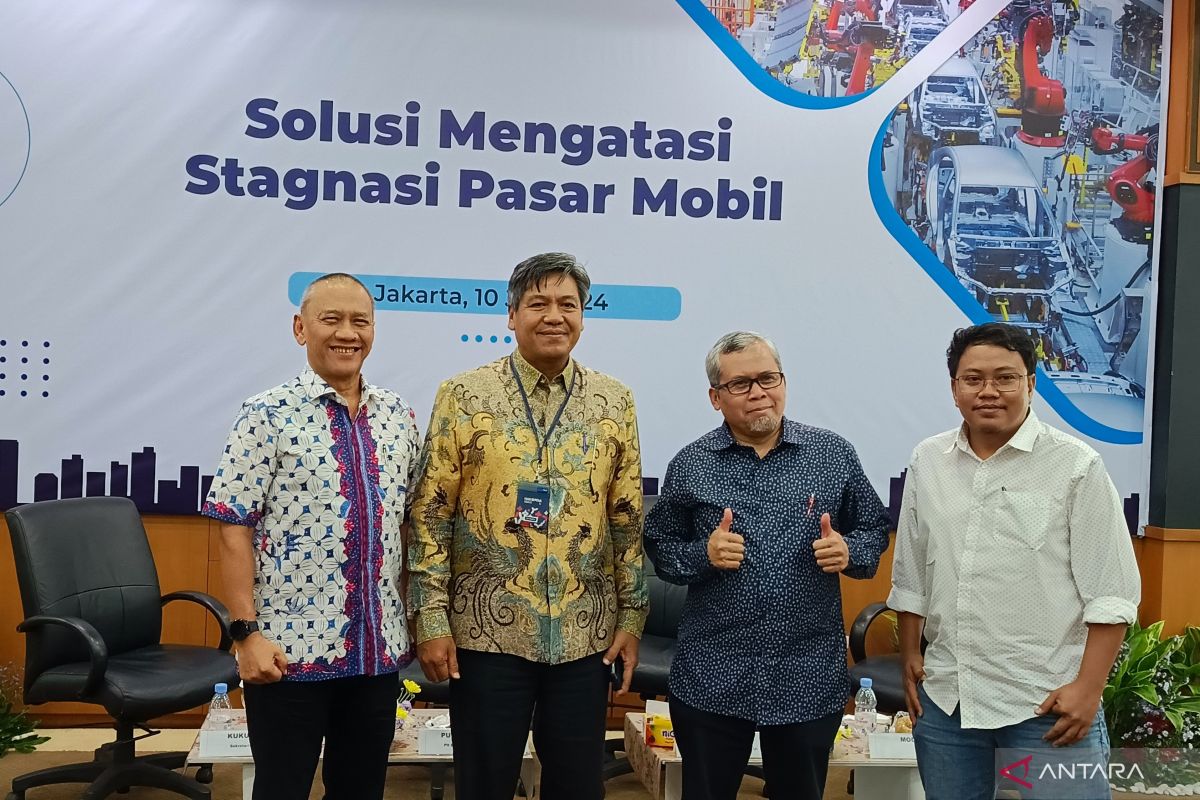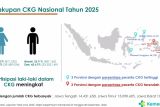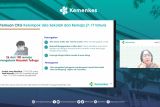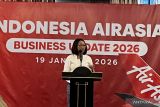Jakarta (ANTARA) - The Ministry of Industry has attributed the stagnation in new car sales to the big gap between the annual income of Indonesian households and car prices.The segmentation of one of the car products in 2014 stood at Rp186 million (around US$11,464), and increased to Rp255 million (around US$15,723) in 2023.
"Back then (in 2014), the gap with people's income already reached Rp15 million, and in 2023, it stood at Rp30 million," the ministry's acting director general of metal, machinery, transportation equipment, and electronics industries, Putu Juli Ardika, said at a discussion here on Wednesday.
He informed that sales of new cars tend to stagnate at 1 million units, while sales of used cars increase every year. His ministry reported that in 2014, new car sales reached 1.2 million units, while used car sales stood at 500 thousand units. Meanwhile, in 2023, new car sales were recorded at 1 million units, and used car sales jumped to 1.4 million units.
"People cannot afford to buy new cars so they shifted to buying used cars," he highlighted.
General secretary of the Indonesian Automotive Manufacturers Association (Gaikindo), Kukuh Kumara, said that 80 percent of Indonesian people buy new cars using a credit scheme.
"Therefore, the potential for purchase by using the services of finance companies will also grow," he added.
Baca juga: Trade minister vows action to develop W Sumatra small industries
Baca juga: Indonesia seeks to optimize cooperation with Japan through JETRO
Earlier, Industry Minister Agus Gumiwang Kartasasmita said that the Government-Borne Luxury Goods Sales Tax (PPnBM DTP) incentive could be a solution to tackle car market stagnation and help boost sales.
According to him, the fiscal incentive helped raise domestic vehicle sales by 113 percent in March–December 2021. Further, in January–May 2022, the program pushed up sales by 95 thousand units.









